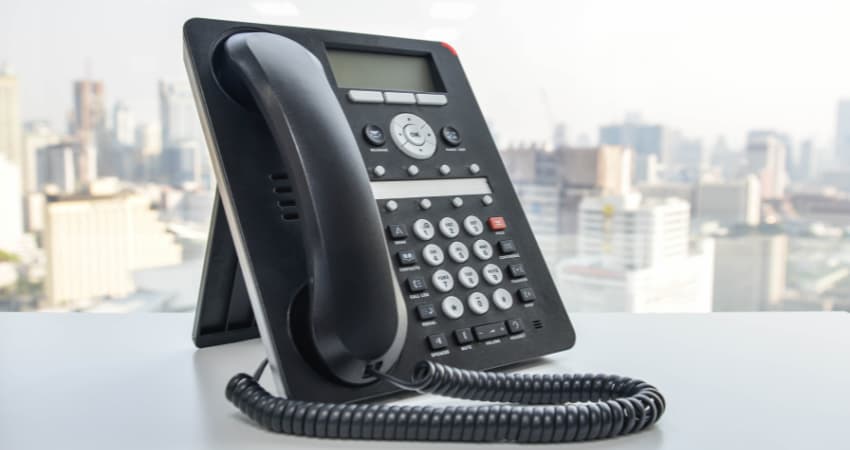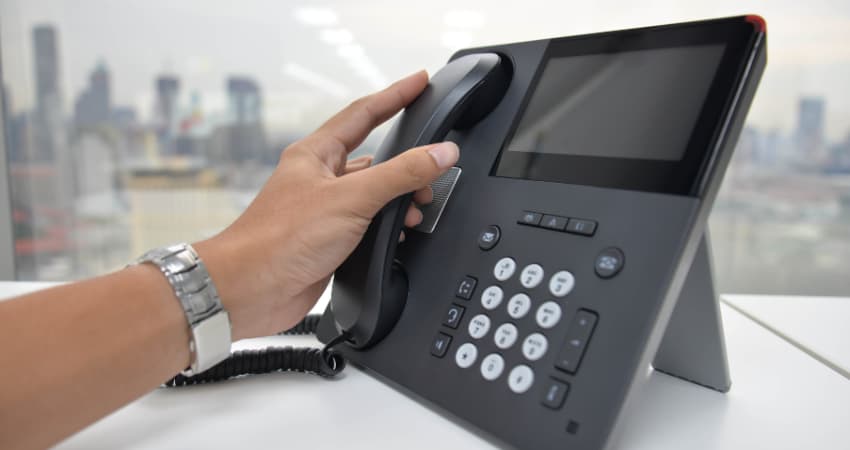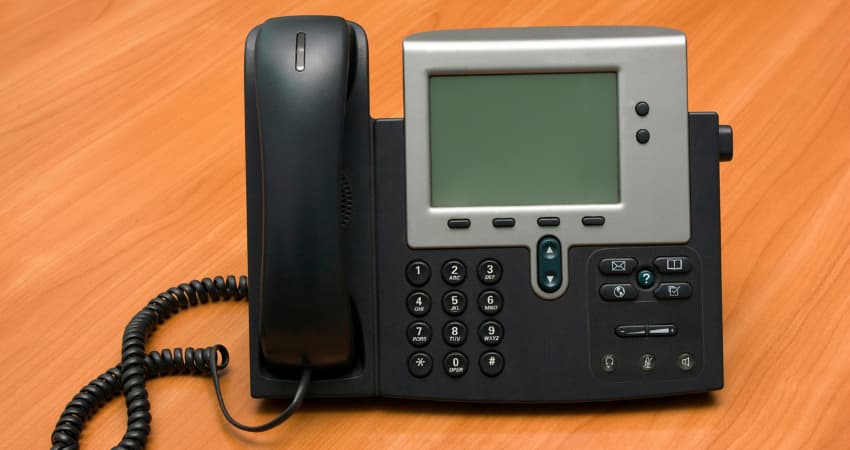The phoning system has existed for decades and has evolved from a traditional landline to a digital-based telephone system. If you are running a small off, you might know that the most excellent PR you might face is the lack of features or complexities attached to the phone system. So In this article, we will discuss the Major Differences Between PBX and IP PBX.
Although new technologies are bringing in features that make things easier for users, digital telephones are still challenging. The phone system can be a crucial part of communication for most companies.
Even though there are so many manufacturers and models of phones on the market, there are two essential terms that we should know when choosing a centralized phone system solution:
Private Branch Exchange (PBX) and IP PBX system. You may have some idea about a PBX, but you would have to be well-versed with the IP PBX if you want to know in detail about it.
Table of Contents
What is a PBX?

PBX stands for Private Branch Exchange. A PBX is a phone system that acts as a switchboard connecting internal and external calls, routing calls, and providing basic call features to your employees.
PBX systems are commonly found in small businesses. Still, they are also commonly used in more giant corporations to provide employees with a single access number that allows them to reach all departments within the company without having to dial an extension of each department.
A PBX system receives incoming calls from outside sources and then routes them to an available employee or a voicemail box.
The PABX can also route outgoing calls from one employee to another over a private network. Any employee can make or receive calls without having to dial an extension or wait in line for another person’s phone to ring before they can get through.
What is an IP PBX?

An IP PBX uses Internet Protocol (IP) technology to replace older or traditional PBX systems. IP PBX systems are more cost-effective and easier to manage than older technologies because they use the existing network infrastructure, reducing installation costs.
These systems also offer greater flexibility in terms of scalability and redundancy, which means they can be easily expanded in size or upgraded as needed without compromising any of their existing functionality.
An IP PBX works similarly to a traditional PBX system in that it routes calls, but instead of using legacy copper lines or leased lines, it uses the public Internet. This advantage is that you can use your internet connection, which means you don’t need to pay for additional bandwidth from your ISP or any additional equipment costs.
An IP PBX may also be cheaper than a traditional PBX system if you have multiple sites or offices because there’s no need for dedicated lines between them.
Differences Between PBX and IP PBX

- Type of network
The first difference between PBX and IP PBX systems is the type of network they run on. A PBX runs on private networks, while an IP PBX runs on public networks. It does not allow external access by any person or organization except those authorized by the company or organization owning the private network.
On the other hand, public networks allow anyone connected with them to communicate with others using similar networks worldwide without restrictions set by administrators.
- Flexibility
Traditional PABX is very flexible and adaptable. You can easily add or remove extensions on an analog line as needed without needing any special equipment or software changes on your end or at your provider’s office.
With an IP PBX, you would need to buy new phones and install new software to add or remove extensions from your system; this could be a big hassle if you want to change anything in your office down the road.
- Lower cost
An IP PBX costs less than a traditional PBX because you don’t have to buy special hardware like digital signal processors or analog cards that provide advanced features like voice mail or caller ID lookup.
You also don’t have to pay for additional lines or ports that you might need if you have more than one line in your office building. You can use any Internet connection, including fiber optic cables.
- Mobility
The advantage of using an IP PBX system is that it offers more mobility than traditional PBXs since users can access their phones from anywhere in the world as long as they have an Internet connection.
This means you no longer need to install separate equipment such as analog or digital phones at every desk in your office building.
You need one or two IP phones with built-in features such as voicemail messaging systems, email alerts, and caller ID display capabilities so that all employees can be contacted through these devices regardless of where they are located within the office building itself or even outside of business trips abroad where there are no telephone lines available for them to use
- Set up
The main difference between a PABX and an IP PBX is how they are set up. For an IP PBX to work, you must connect your office computers and telephones to an internet router. The router will then send data packets back and forth between each device on your network so they can communicate with each other.
When someone makes or receives a call using an IP PBX; their voice data is converted into packets which are then routed through the Internet to another participant’s computer. That converts them back into audio signals for listening purposes.
Also Read: 10 Reasons to Switch to an IP PBX




.png)


